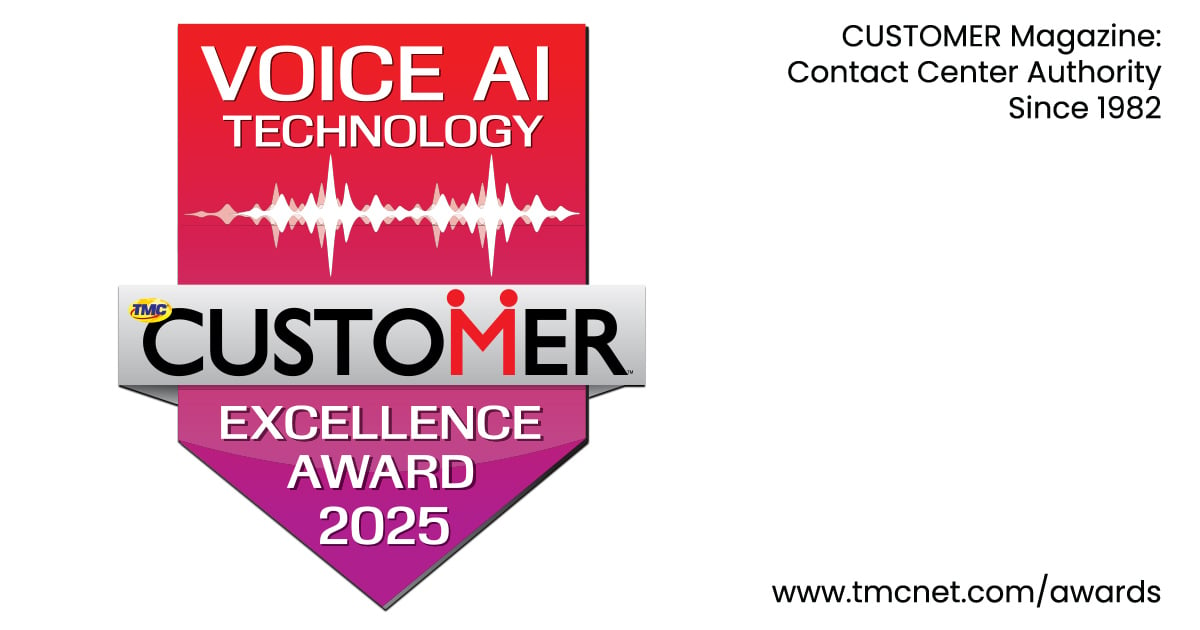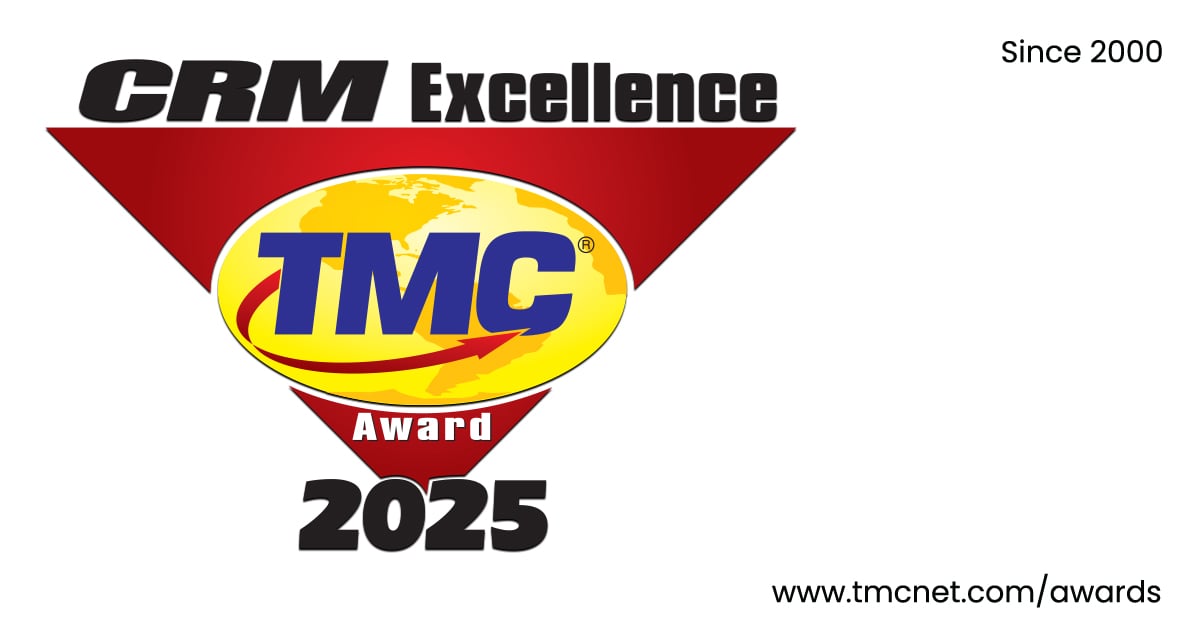
In this decade, there has been a surge in demand for valuable data that helps businesses to make profitable business decisions. This has been an impetus for increasing demand for data integration software solutions. These solutions help these businesses to consolidate data from different sources, and derive valuable insights from them. With such an important role to play, their selection is becoming a critical concern for business enterprises. There is a wide range of data integration tools and software solutions to look at, and not all of them may serve your purpose. A poor data integration software solution will not only affect your business performance but also become a reason for your failure in the long run. Thus, the entire process of data integration tool evaluation to their selection needs a thoughtful intervention. This post outlines a few important questions that will aid you in making the right investment.
Why Do You Want a Data Integration Solution?
According to a study by Vanson Bourne, business enterprises in the US and UK lose over $140 billion every year due to poor data integration investments. Thus, it becomes important to answer these key questions before making the right decision.
- How your business plans to utilize a data integration software - for a short-term or a long-term?
- Is it being considered for a specific data integration purpose such as data replication, data migration, or data virtualization?
- Do you wish to use it for only automating your tasks?
- Do you want to employ your data integration software to build a robust data architecture?
Today, it is quite easy to find data integration tools or software solutions in different customization options, service models, and price packages. A clarity on your data integration plans will accelerate your purchase decision.
What are the Various Data Sources to be Integrated?
Being a competitive digital enterprise, it is quite obvious that data flow in your organization is not limited to a single source. This means, a chosen data integration solution must be capable to access data from various data structures, as well as information types, including:
- Business applications such as CRM and ERP systems
- Online analytical systems, SQL and NoSQL databases, and various other unique databases
- Enterprise messaging systems, JSON, and extensible markup languages
- Mobile applications
- Industry-specific protocols, or other proprietary data protocols, including HTTPS, HTTP, FTPS, SFTP, IMAP, POP3, etc.
- Web and data applications, including SAP, SharePoint, PeopleSoft, Salesforce, JD Edwards, Quickbooks, etc.
Once you make a list of these systems, it is important to ensure do you want to unify all these data sources or selected ones. Also, it needs to be addressed whether you want to move data to the cloud-platform from these various sources, and how it will affect the agility of your business in the coming years.
What is your requirement - an agile data integration platform or a static data integration platform?
The answer to this will depend on your future data needs.
- Do you think your data needs will increase in the coming years?
- Have you already invested or plan to invest in a robust data lake or a data warehouse?
- Do you think improving the speed of data processing will aid your business?
The technology trends are fast changing, and any business that fails to address them is pushed behind in the competition. All this means, the data volumes are set to increase in the coming years. It is important to ensure that the chosen data integration software solution is flexible and adaptive to your data needs.
How You Wish to Deploy the Data Integration Platform?
Nowadays, businesses heavily invest on various types of cloud, as well as on-premise applications. Perhaps, you have already done it. Hence, it is important to assure that the data integration software solution that you have chosen supports both - on-premises, as well as the cloud applications. The platform can be directly hosted in the cloud or it can be utilized like an integration platform as service offering. If you are planning deployment across multiple operating environments, then it is important to assure the chosen software solution also supports distributed processing environments and virtualized servers involved.
Is the Solution in Your Budget?
Remember, investing is a data integration platform is a decision that needs to be weighed appropriately. It is not easy as acquiring a license and start working from the next day. It involves several costs, such as the cost of resources, product upgrades, maintenance and support, etc. Thus, you need to take all these aspects into consideration while selecting the solution. Also, ensure that the chosen vendor provides a flexible licensing structure, which suits your business needs.
Will I Receive a Support for the Software Platform?
Most software vendors assure a long-term support for the platform in the form of online assistance for common Q &A, online chats, on-site assistance, and in-person discussions. You need to ensure that the pricing of each task is confirmed during the evaluation phase.
In addition to the above questions, you need to assure the following:
- Loading performance of the software
- Ease of installation and maintenance
- Training and documentation of the product
All the questions outlined above will help you in the decision making process. The choice of the right software platform will depend on your business goals and needs, as well as your business limitations.





